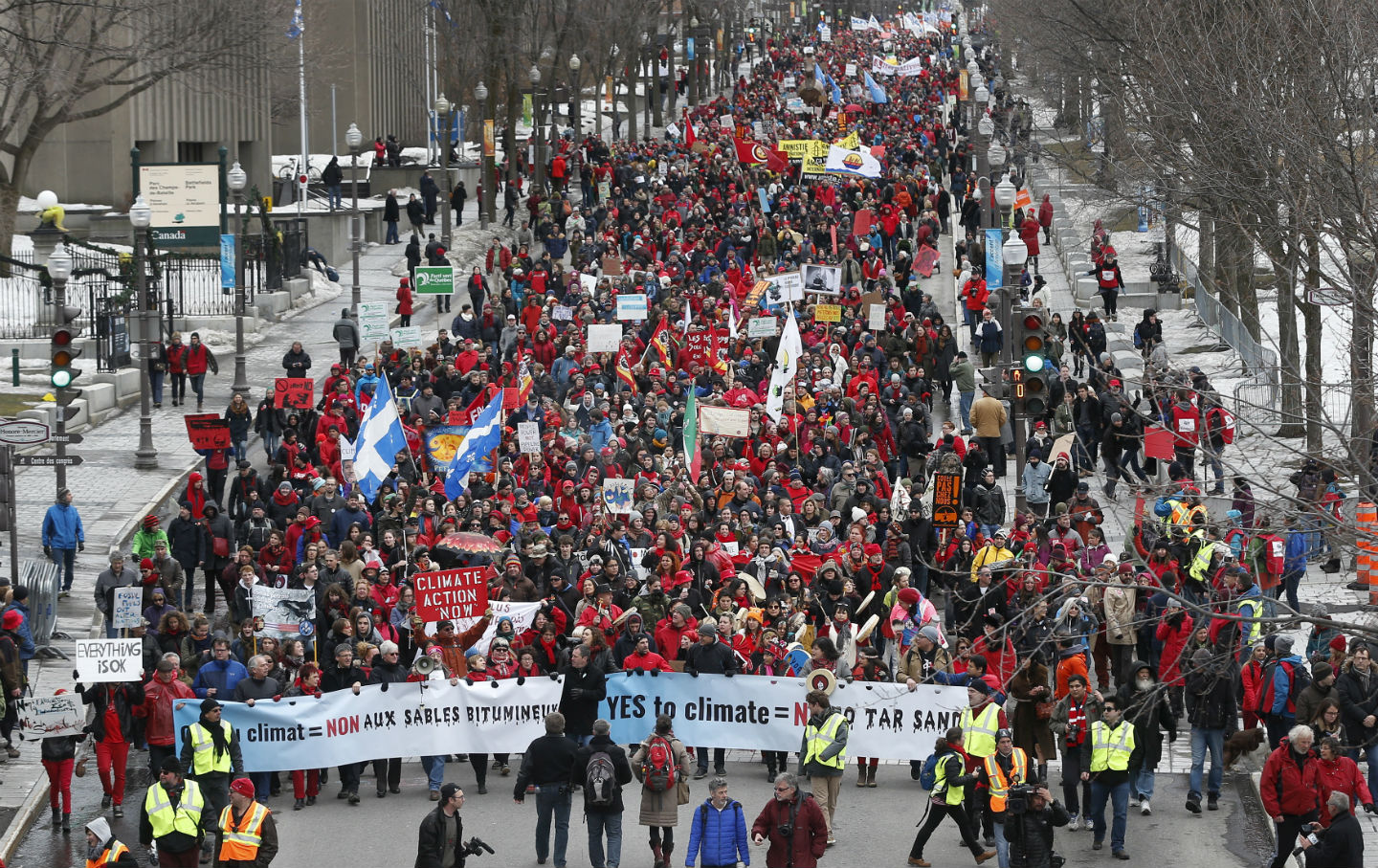Farmers in the European Union (EU) are currently engaged in protests against climate change regulations. The question arises: could Canadians unite in a similar cause?
Amidst the picturesque landscapes of EU member states, a growing wave of discontent is sweeping through agricultural communities. Farmers, the backbone of rural economies, are taking to the streets to voice their concerns against climate change regulations imposed by the EU. The implications of these regulations are far-reaching, affecting farming practices and livelihoods.
As tractors line the streets in a symbolic demonstration of unity, the central grievance revolves around the stringent environmental rules dictating farming methods. These regulations aim to mitigate the impact of agriculture on climate change, emphasizing sustainability and eco-friendly practices. While the goals are commendable, many farmers argue that the regulations are impractical and threaten their traditional way of life.
The unrest among EU farmers prompts speculation about whether Canadian farmers could follow suit. In the vast landscapes of Canada, agriculture plays a pivotal role in the economy, much like in the EU. However, the dynamics differ, considering the distinct environmental challenges and agricultural practices.
To delve deeper into this matter, it’s crucial to understand the specific grievances of EU farmers. The regulations they protest include restrictions on the use of certain fertilizers and pesticides, limits on irrigation practices, and mandates for the preservation of biodiversity on farmlands. The overarching goal is to create a more environmentally friendly agricultural sector, aligning with global efforts to combat climate change.
However, the concern among farmers is that these regulations may lead to reduced yields, increased production costs, and, ultimately, financial instability. As the EU strives to meet its ambitious climate targets, farmers fear becoming casualties of the greater environmental battle.
Turning the lens to Canada, a country known for its vast expanses of farmland, the situation differs. While Canadian farmers also face the impacts of climate change, their approach has largely been one of adaptation and innovation. Sustainable farming practices, technology integration, and conservation efforts have been key components of the Canadian agricultural landscape.
Yet, it’s essential to acknowledge that no agricultural sector is immune to the consequences of climate change. The interconnectedness of global food systems means that challenges faced by farmers in one part of the world can resonate globally. The question of whether Canadian farmers might join their EU counterparts in protest hinges on a complex interplay of local conditions, regulatory frameworks, and the perceived impact on livelihoods.
__________________________________
This article first appeared on The WIRE and is brought to you by Hyphen Digital Network
(The content powered by our AI models is produced through sophisticated algorithms, and while we strive for accuracy, it may occasionally contain a few minor issues. We appreciate your understanding that AI-generated content is an evolving technology, and we encourage users to provide feedback if any discrepancies are identified. As this feature is currently in beta testing, your insights play a crucial role in enhancing the overall quality and reliability of our service. We thank you for your collaboration and understanding as we work towards delivering an increasingly refined and accurate user experience.)




